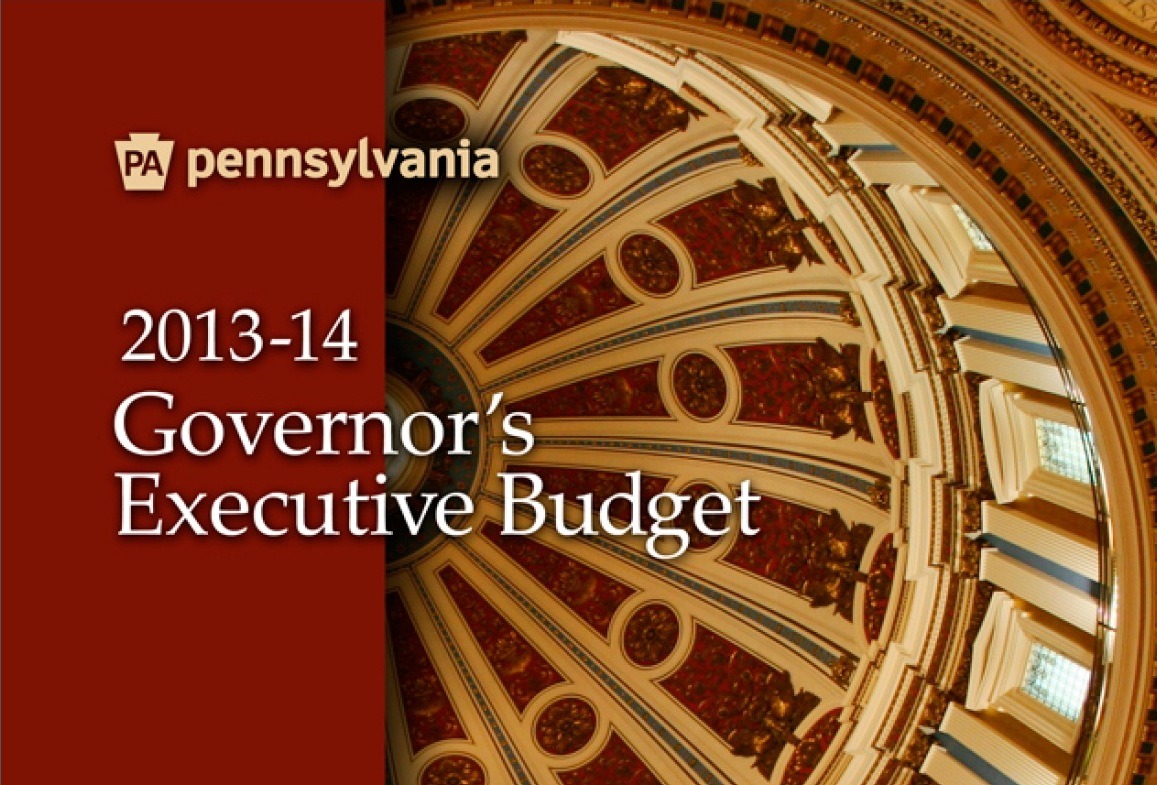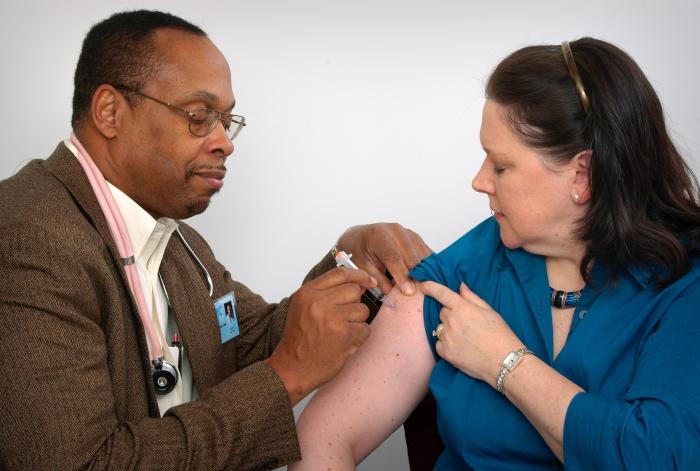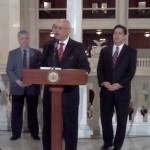Labor Secretary Defends PA Jobs Climate
Through three weeks of state budget hearings Senate Democratic Appropriations Chairman Vincent Hughes (D-Philadelphia) has repeatedly pointed out the fact that – for the first time in years – Pennsylvania’s unemployment rate is now worse than the national average. So he took issue with Labor & Industry Secretary Julia Hearthway’s positive assessment of the state’s economy. “How can you sit here and say – we were 8th in job creation, now we’re 34th in new job creation – that we’re going in the right direction?”
Hearthway was ready with her response. On the job creation issue she notes that 42-states lost more jobs than Pennsylvania did during the recession, so some of them are now posting sharper increases simply because they have more ground to make up.
As for the state’s persistently high unemployment rate, Hearthway cautioned that we can’t look at any of these figures in a vacuum. “When you grow your labor force… you’re unemployment’s going to show higher,” she explained.
Hearthway boasts of a state labor force that now stands at 6.56-million, breaking records in each of the past four months. “That means individuals who have dropped out [of the labor force], not looking, are now looking again… it’s usually the first indicator of your economy coming back strong.”
The latest numbers, for December 2012, show a 7.9% statewide unemployment rate. A new jobs report may shed some more light on the situation. It’s due out on Friday.








